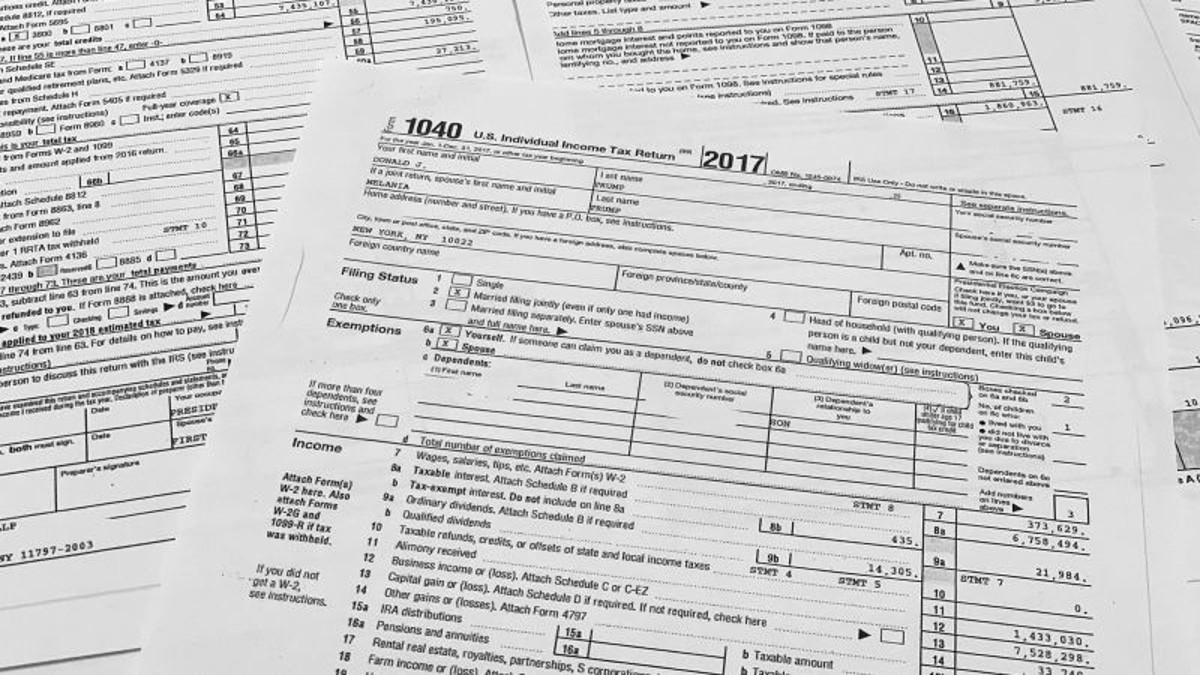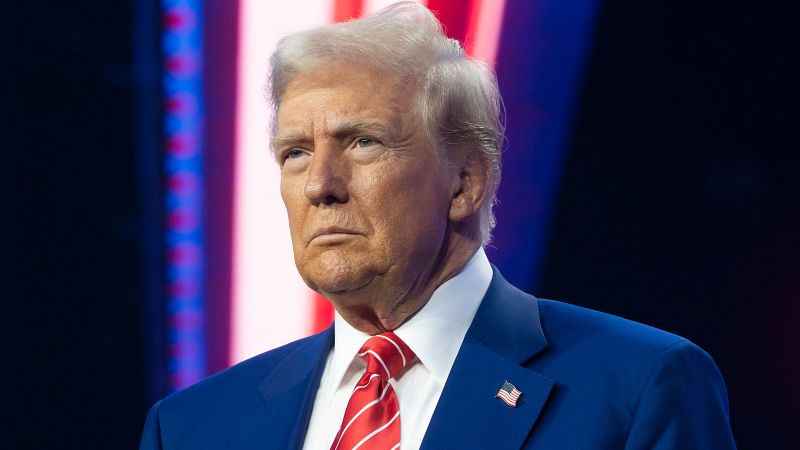BERLIN – In October, the Communist Party of China (CCP) convened its 20th National Congress, primarily to confirm President Xi Jinping’s control over the country’s leadership. Everything went according to his plan: The CCP’s highest governing body, the Standing Committee, is now made up of only his most devoted minions. With Xi securing a third term as secretary general, and thus as president, one man now holds absolute power in China for the first time since the days of Mao Zedong.
Gone is the principle of collective leadership of limited duration that Deng Xiaoping introduced after Mao’s death, a time when China was just beginning its massively successful modernization phase. Yet, as recent history shows, the return to one-man rule in a country of 1.4 billion people poses one of the biggest risks to China and its status as a rising superpower second only to the United States.
Yes, under Xi the power of the Chinese regime seems increasingly unlimited and unrestrained, due to massive investments in state-of-the-art digital systems of social control and mass surveillance. However, the CCP’s strength is not based solely on all-encompassing “smart” repression. Rather, it is the result of the party’s tremendous successes in modernizing China.
Towards the end of the 20th century, China was integrated into the world economy, becoming the “extended labor bank” and the number one exporting country. China then took advantage of this growth to develop a highly efficient mixed economy, with an expanding private sector operating alongside the traditional party-controlled state sector. The results were phenomenal: China consistently posted massive annual growth rates, lifting hundreds of millions of people (especially in coastal regions) out of absolute poverty and turning them into a new emerging middle class.
As China grew wealthier, it increased its military power and sought more dominant positions on the technological frontier. Over the course of a few years, its technological successes, born predominantly of the high-tech private sector, made it a serious rival to big American tech companies. For a time in the late 2010s, it seemed like only a matter of time before China replaced the United States as the world’s largest economy and overwhelmingly dominant technology superpower.
Then came the outbreak of Covid-19 in Wuhan, in late 2019. Despite the efforts of some Chinese authorities to cover up the emerging epidemic, it soon became a problem for the whole world. On March 11, 2020, the World Health Organization declared the outbreak a pandemic and the world economy came to a halt as countries went into lockdown to contain the spread of the virus.
But the countries adopted different strategies in the medium term, depending on their respective cultural and historical traditions. Open and democratic societies in the West, for example, embraced transparency and relied on voluntary self-isolation and the rapid development of effective vaccines. Three years later, their populations are now largely immunized, although many people have died.
By contrast, China relied from the start on draconian containment measures. Under his zero covid policy, every detected infection resulted in closely monitored and forced quarantines for all those affected. For a long time, this strategy seemed superior to the Western approach. China had far fewer deaths, and because it had cut itself off from the rest of the world, its national economy also recovered faster than those of the United States and Europe. As a consequence, many around the world began to suspect that authoritarian command economies are better equipped for such crises than the disorderly, pluralistic liberal democracies of the West.
But this point of view has turned out to be deeply flawed. We now know that China’s zero covid policy required the suspension of the social contract between the CCP and the people. Xi seems to have overlooked the fact that the China of today, at least the big metropolises that drive the economy, is not the China of the 1960s and 1970s.
The new China is simply not adapted to policies that require authorities to lock down entire megacities without warning, often locking workers in factories for weeks on end. Furthermore, due to China’s position in the world economy, self-isolation was always going to be expensive. Zero covid not only created huge disruptions in international supply chains; it also caused considerable damage to China’s own export sector.
Xi wanted to use the pandemic to demonstrate the superiority of the Chinese system over the declining West. However, this meant that, due to his nationalistic arrogance, he refused to import the vastly superior Western mRNA vaccines. With China’s huge population still under-vaccinated and unprotected, lifting the zero-covid measures would surely be risky.
But so were the endless lockdowns. Just weeks after the 20th Party Congress, public frustration erupted in China’s major metropolises. Protesters held up sheets of white paper to denounce the CCP’s censorship regime, and the “blank sheet revolt” spread like wildfire. Xi had clearly overreached.
How could China’s seemingly all-powerful autocrat understand so little about the social contract on which his power rests? Despite all its difficulties, liberal democracy, with its transparency and self-imposed limits, has once again proven to be more efficient and resilient than autocracy. Accountability before the people and the rule of law is not a weakness; it is a decisive source of strength. Where Xi sees a cacophony of competing opinions and subversive free speech, the West sees a flexible and self-correcting form of collective intelligence, the results speak for themselves.
*The author is Foreign Minister and Vice Chancellor of Germany from 1998 to 2005, he was the leader of the German Green Party for almost 20 years.
hartford car insurance shop car insurance best car insurance quotes best online car insurance get auto insurance quotes auto insurance quotes most affordable car insurance car insurance providers car insurance best deals best insurance quotes get car insurance online best comprehensive car insurance best cheap auto insurance auto policy switching car insurance car insurance quotes auto insurance best affordable car insurance online auto insurance quotes az auto insurance commercial auto insurance instant car insurance buy car insurance online best auto insurance companies best car insurance policy best auto insurance vehicle insurance quotes aaa insurance quote auto and home insurance quotes car insurance search best and cheapest car insurance best price car insurance best vehicle insurance aaa car insurance quote find cheap car insurance new car insurance quote auto insurance companies get car insurance quotes best cheap car insurance car insurance policy online new car insurance policy get car insurance car insurance company best cheap insurance car insurance online quote car insurance finder comprehensive insurance quote car insurance quotes near me get insurance








